Dirty Kitchen Turns Filipino Dishes Into a Memoir of Being Undocumented
Written by Jamey V. Padojino
Food can be a powerful force in evoking memories, whether it's the nostalgia at the first bite of Lola's kare-kare, relatives stirring confusion over what's really inside dinuguan or adding your favorite toppings into a bowl of halo-halo on a hot summer day. Jill Damatac brings new meaning to these dishes through her new book, Dirty Kitchen, which tells her family's story of being undocumented in the U.S.
The feast Jill lays out in her memoir serves complex flavors, giving raw accounts of the sweet and bitter experiences, and everything in between. Over the course of eight chapters, plus a prologue and epilogue, she weaves her family's story with Philippine history and mythological tales. Published in May, the memoir isn't necessarily a cookbook, though each chapter lists ingredients, incorporates directions in between the narrative and gives glimpses of Jill making each dish.
Born in 1983 during Ferdinand Marcos' regime, Jill was a free spirit in the Philippines, where she recalled yelling "People power!," at the TV when she was 3 years old during the revolution that ended his dictatorship and calling the next country's leader, Corazon Aquino, her "first real president."
via Simon and Schuster Instagram
She uses Cordilleran pinikpikan (beaten chicken in broth) and Kapampangan sisig na baboy (pork cooked three ways) to convey her paternal and maternal sides, respectively, which were both part of her childhood in Manila.
The feeling of being uprooted quickly settled in when she arrived in New Jersey at 9 years old. There is a clear contrast between her life in the Philippines and the U.S., calling her parents Mom and Dad instead of Mama and Papa, as she watched them become emotionally distant and struggling to survive.
Jill found herself adapting to the new country, as described in the kare-kare chapter:
"I softened my lengua, my language acquiescing to the pressures of immigrant life. Lowered my voice into my chest, crushed vowels together, smoothed my consonants. My tongue the pestle, the bowl of my mouth beneath, the mortar."
In Filipino culture, the dirty kitchen is a place to cook outside the home, where the messy cooking takes place. In the memoir, the dirty kitchen can be seen through the family conflicts and hardships that unfold as the Damatacs try to establish themselves in the U.S. Fears of getting deported for their undocumented status followed them as they moved to Maryland; New York; Shillington, a rural town in Pennsylvania; and New Jersey.
Jill's relationship with her parents spiraled as she grew up in America. The affection she once felt for her father as a child quickly turned into toxicity, abuse and greed. Her mother became the breadwinner of the family and made all attempts to keep him happy, accepting the hardships they faced in America as the way of life. She longed to be reunited with her grandparents, who stayed behind in the Philippines. Her sister, who is younger by six years, proved to be an ally. Throughout the book are snippets of their conversations that show their bond and shared resentment towards their parents.
School and extracurricular activities would become Jill's escape during the "souring years" with her parents, as captured in the sinigang chapter. The inspiration from high school teachers to pursue higher education was shut down by her parents, who feared their undocumented status would come out in the application process. This unfolded despite her parents feeding her dreams of work in law or medicine.
The weight of "utang ng loob," Tagalog for debt of gratitude, plays out within the family. Her parents forced her to get a part-time job at 16 years old after they moved to New Jersey, which plays out early in the dinuguan chapter. At that point, her father was unable to find a job without a Social Security number and it's soon revealed that he chose to stop working altogether. Years later, she'd see him spend her and her mom's money on luxury cars.
"Everything I had given was still not enough to repay my utang ng loob," Jill writes. "A debt of the soul no unity, no kapwa, could ever pay."
The family hits dead ends in their attempts to gain legal status. Her mother's work in banking didn't qualify for the H1-B visa program, which was reserved for people in certain industries, such as nursing, medicine and engineering. Her parents at one point worked with a Filipino American immigration attorney "who preyed on his own people for profit," leaving them on the losing end.
For most of the memoir, the family tried to work toward the American Dream, only to get spit out.
Jill's struggles mount when she leaves home and lives in New York City, which was captured in the Spamsilog chapter. She jumped between one dull job to the next, kept her expenses as low as possible and worked without giving her body enough rest, with Spam being one of the few main foods she'd have in a day.
Her journey into self-discovery and reclaiming her identity plays out in one scene where she decides to make adobo for her friends, but admits not knowing how, "having distanced myself from anything Filipino as a form of survival." As Jill walks readers through preparing and serving the dish, she confronts with how she hid her Filipino identity to fit into America.
Jill meets her now-husband on one fateful night at a speakeasy. After all of the preceding conflicts and pain, their relationship unfolds in a dreamy, relieving way. Jill doesn't shy away from the argument they had nearly two years into their relationship over their future given her undocumented status. Tense and honest, it was one of this writer's favorite parts of the book.
Temporary hope emerges when news comes out of President Barack Obama's Deferred Action for Childhood Arrivals policy in 2012, but gathering one final document proved difficult and prevented Jill from filing an application. Ultimately, she decided to self-deport after 22 years in the U.S., a feeling she captures in the halo-halo chapter:
"In that final year in America, I became an anxious mix of fear, anticipation, excitement, and sadness. This mix was topped with bravado and defiance."
Jill brings the reader in as she takes each step to the boarding gate at John F. Kennedy International Airport on New Year's Day 2015. She moved to her husband's home country of England, by means of the Philippines, where she received her UK spouse visa. Her life shifted in London, where she obtained her master's degrees in documentary filmmaking and creative writing and became a British citizen.
The book, released in May, comes during yet again a tense time for immigration in the U.S. as the Trump administration has ramped up deportation efforts since taking office earlier this year. Since April, over 100 Filipino cruise ship workers have been detained by U.S. immigration authorities "without being charged or found guilty of any crime," the Tanggol Migrante Movement said during a July 27 press conference.
For more about Dirty Kitchen and to purchase the book, visit jilldamatac.com.



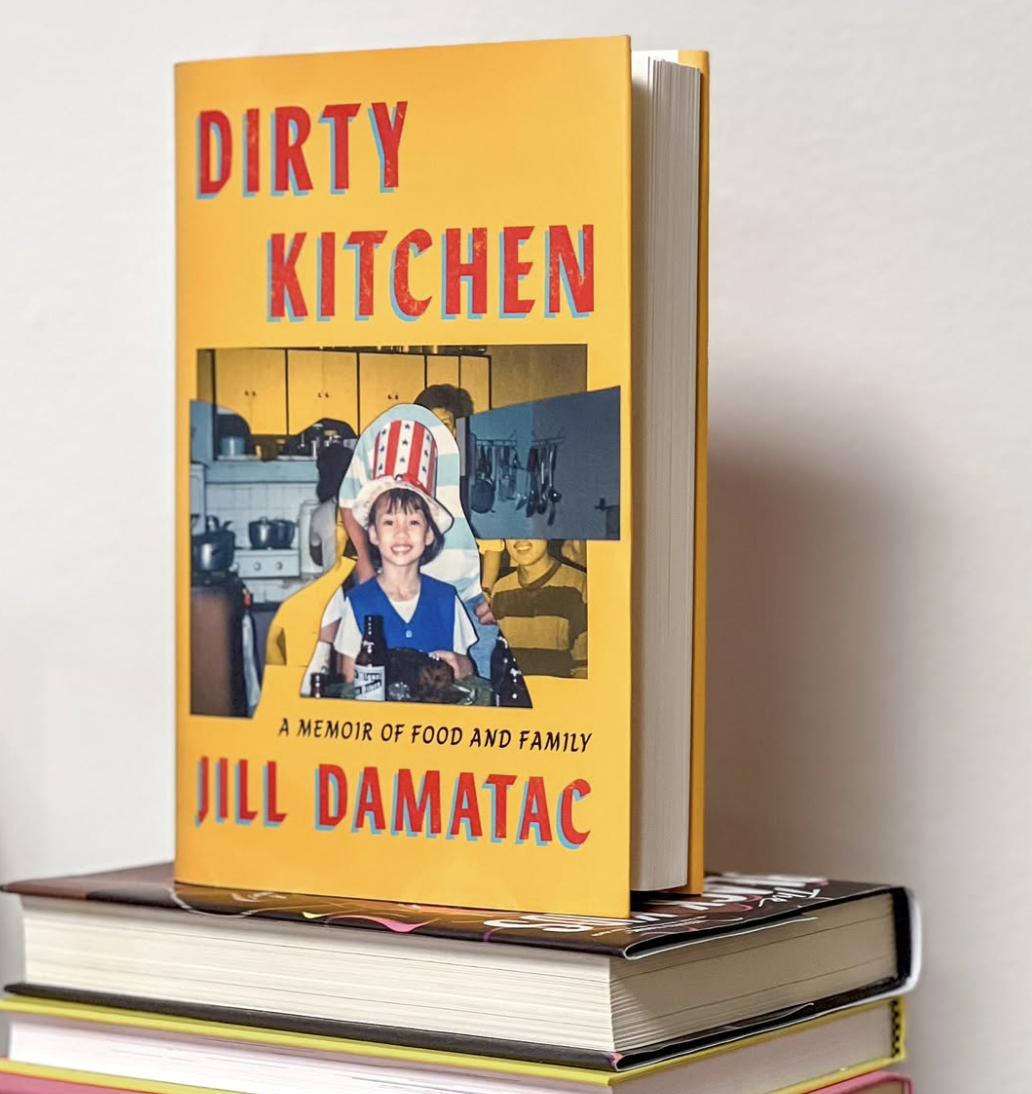

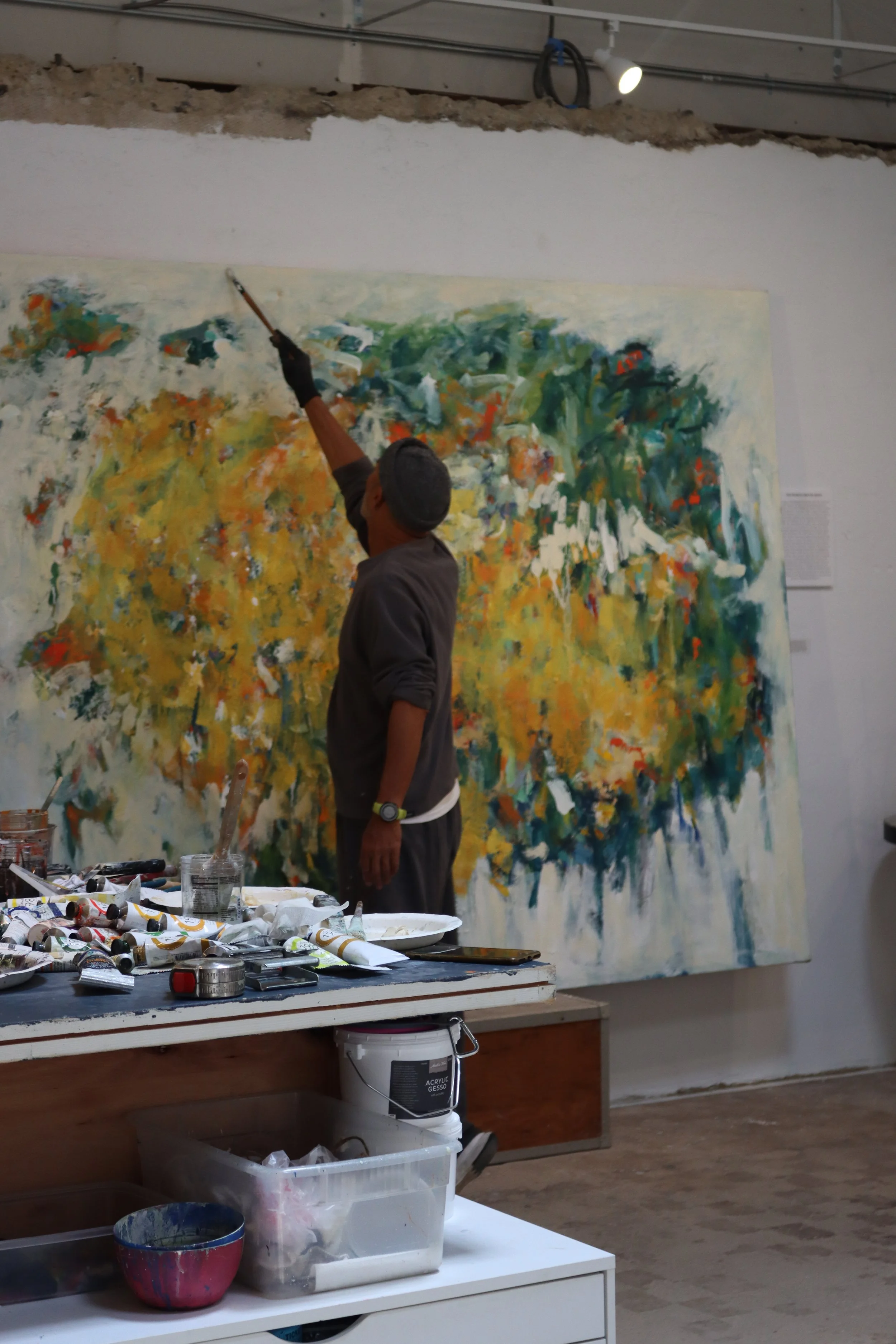
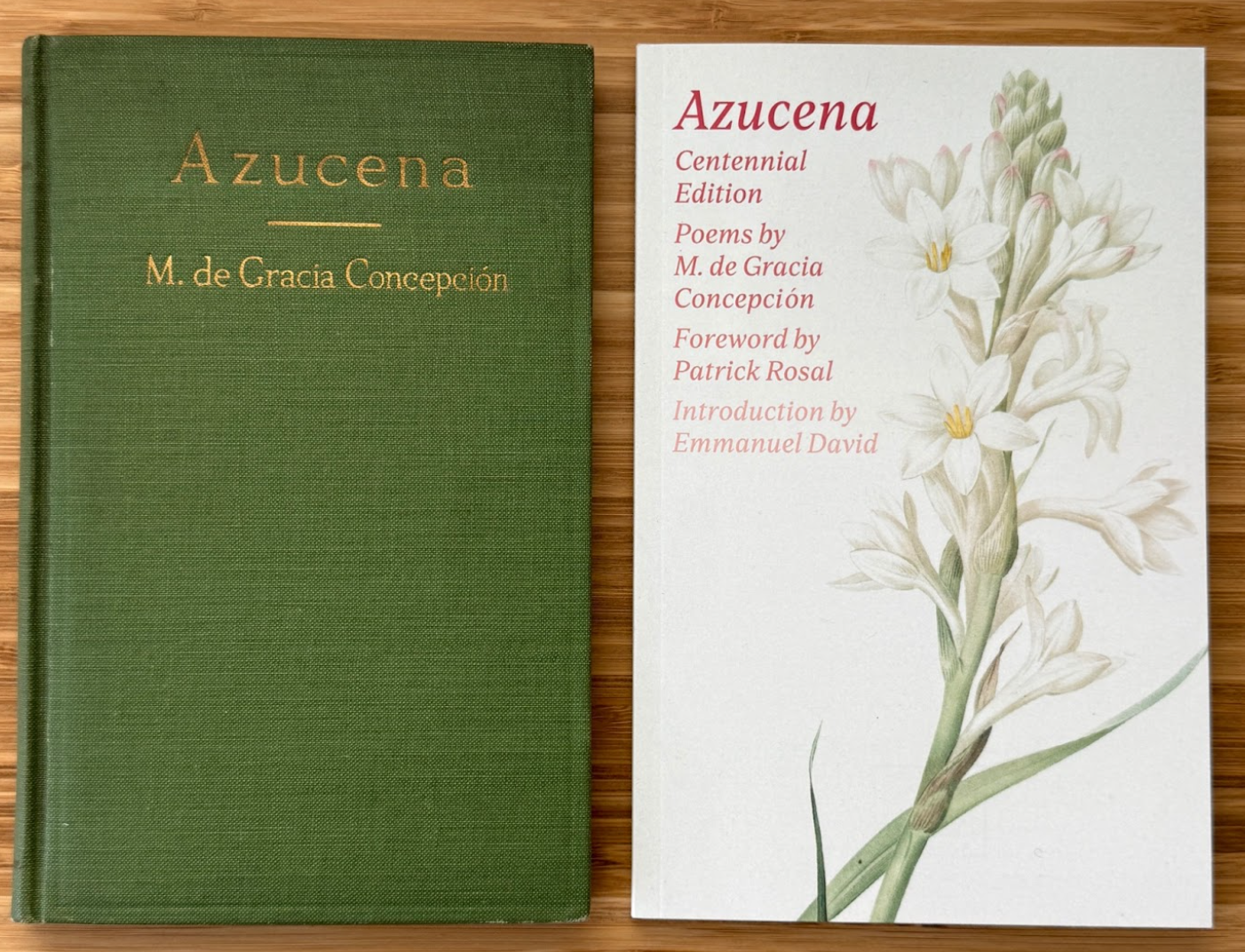
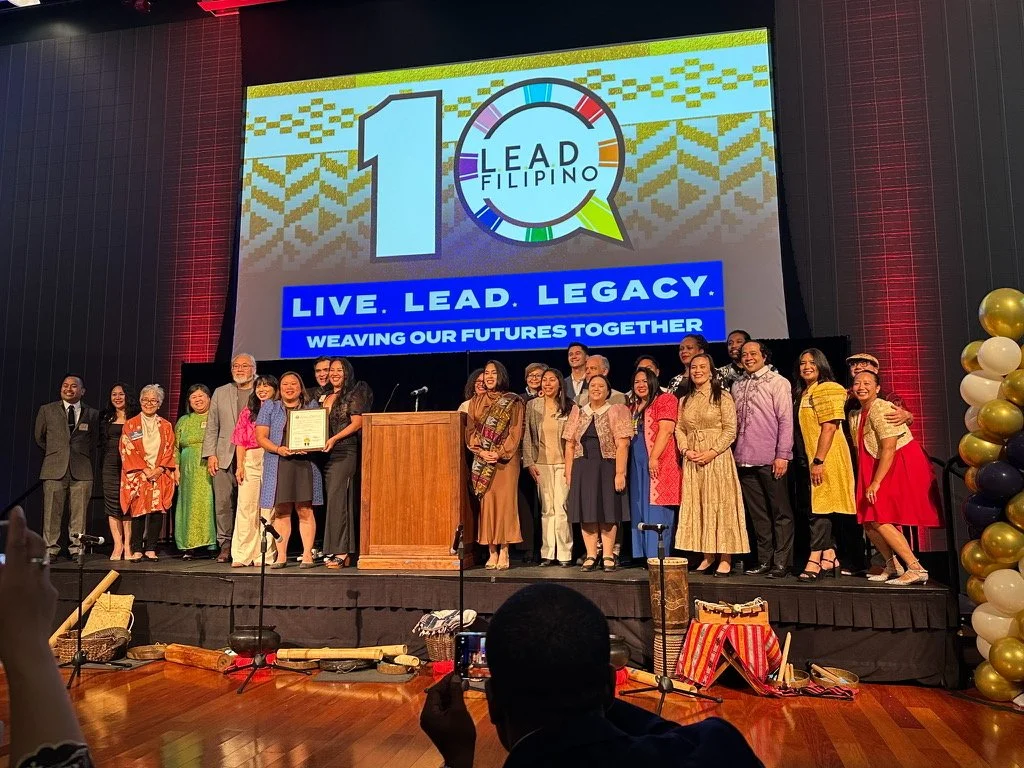

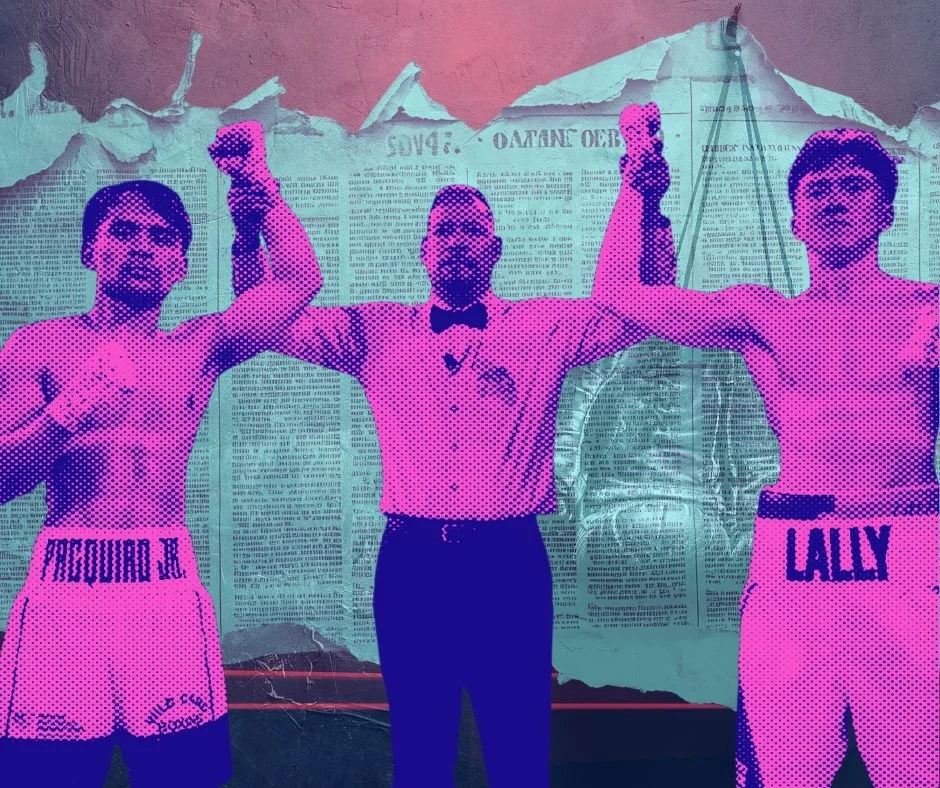


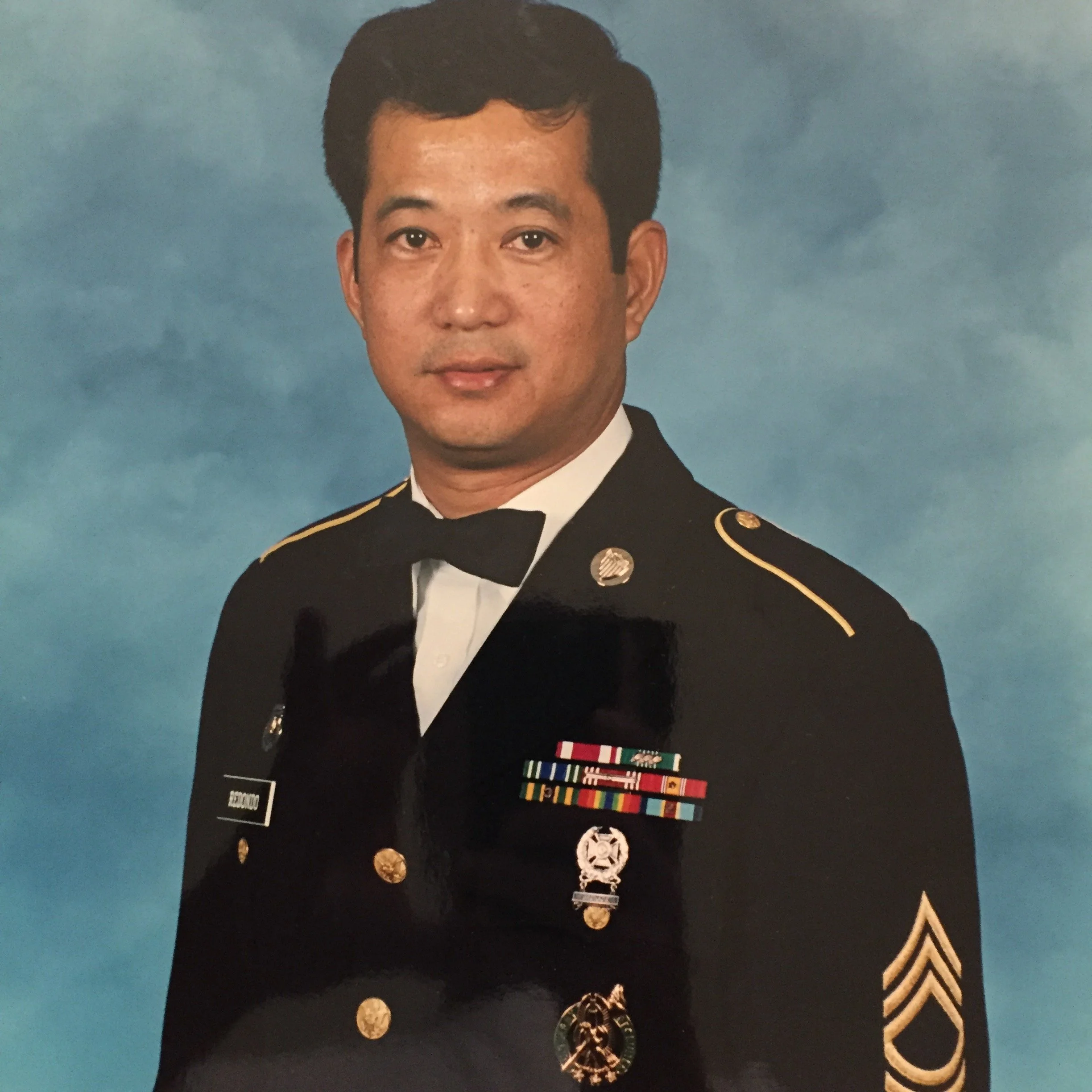




















When the Avengers: Doomsday one-year countdown dropped, audiences didn’t just watch. They paused, replayed, shared, and even speculated about hidden messages. A week later, the clip surpassed 14 million views, becoming a viral moment picked up across major media outlets that fueled anticipation for the next chapter of the Marvel Universe.
The countdown video was the result of a collaborative effort led by AGBO and its studio partners. Supporting the marketing team as a contracted editor was Joshua Ortiz (@joshuajortiz), a Filipino American filmmaker whose career has steadily built toward opportunities to contribute to projects of this scale, alongside earlier success with the short films he has written and directed.